When we think of public health we probably think of hospitals, clinics, regulations, etc. You are most likely familiar with pest control, but have you wondered you it is impacting public health?
Reducing Parasitic Public Health Threats
Most of the time when people are asked about parasites they think of the kinds that invade the body and require medicine to resolve. In addition to these all-too-common threats to the human body, we have various insects and arachnids that threaten the health of the public as well including:
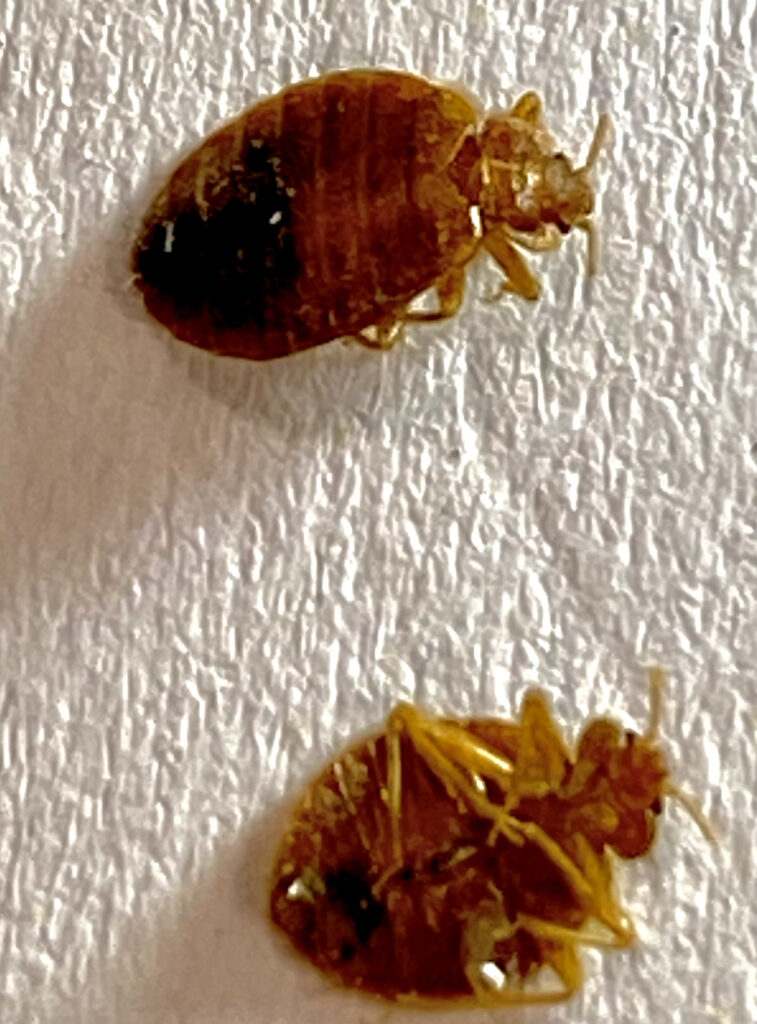
- Bugs (True bugs such as bed bugs, kissing bugs, etc.)
- Fleas
- Flies (certain species such as black flies, horse flies, etc.)
- Lice
- Mites (certain species)
- Mosquitoes
- Ticks
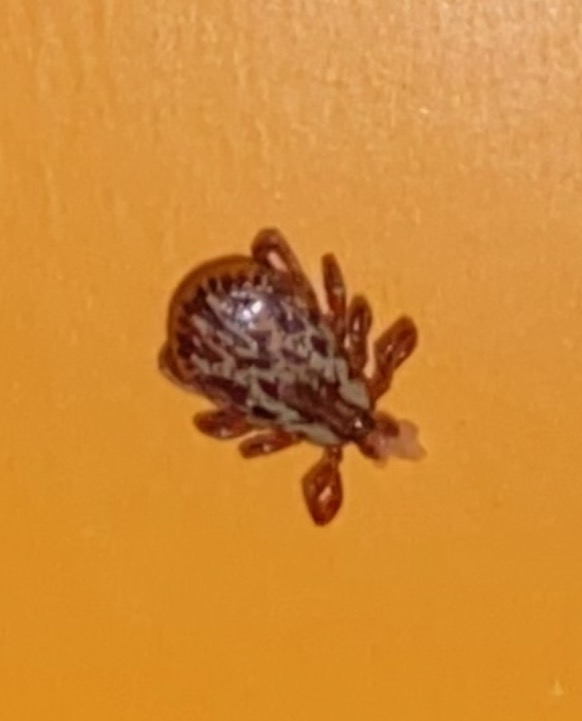
Each of these parasitic pests requires a unique solution. We work with clients in the residential and commercial sectors to stop them in their tracks before they can find a host.
Mitigating Pest-borne Disease
Think of the most dangerous animal to humans. Did you think of something large, or were you thinking of the smaller parasitic sort? Unless someone shared the statistics with you prior, you probably wouldn’t have guessed a mosquito. Mosquitoes are so plentiful and so prone to transmitting disease that they top the charts. Some of the most concerning mosquito-borne diseases include:
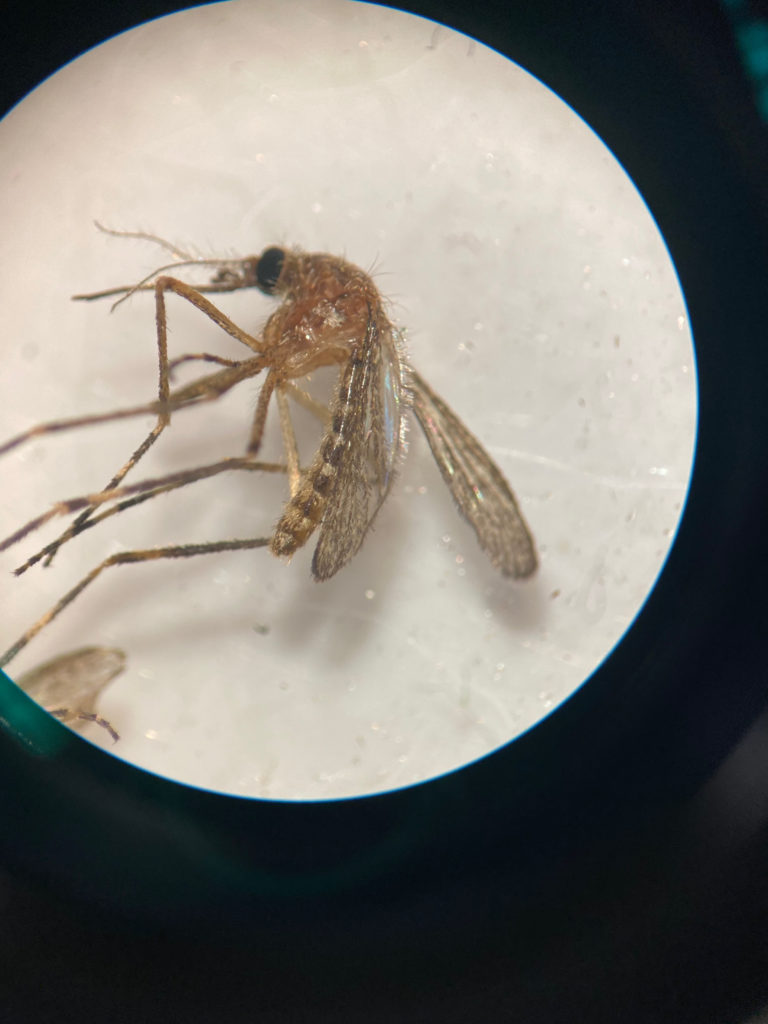
Ticks are another vector of disease. Not only are they parasitically living off of our blood, but they also transmit disease. Fortunately, the spread of disease can be mitigated through regular inspection and finding the ticks before they get a chance to embed and start the transmission process. Tick-borne diseases include
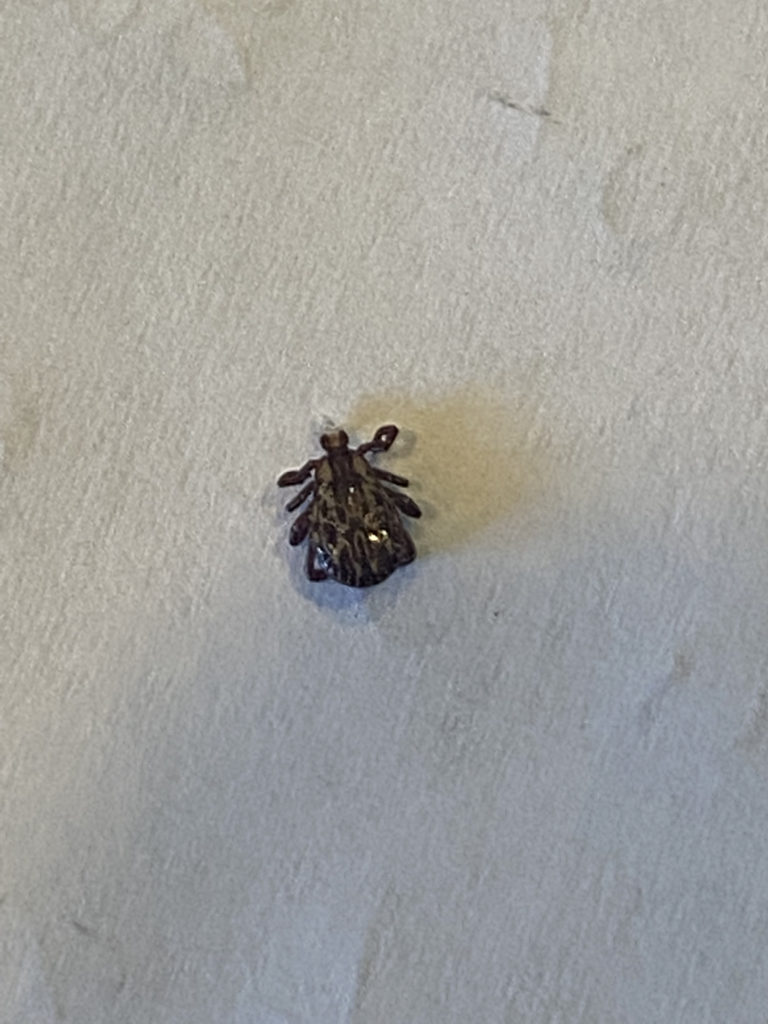
- Lyme Disease
- Babesiosis
- Ehrlichosis
- Rocky Mountain Spotted Fever
- Anaplasmosis
- Relapsing Fever
- Tularemia
- Anaplasmosis
- Alpha gal allergy
Improving health through Sanitation
Controlling pests is about changing the environment from one that is conducive to pests to one that is not. The methods for achieving this vary as widely as the types of insects and arachnids that invade our businesses and homes. We work with clients to identify sanitary measures that can be improved to reduce food sources for pests such as:
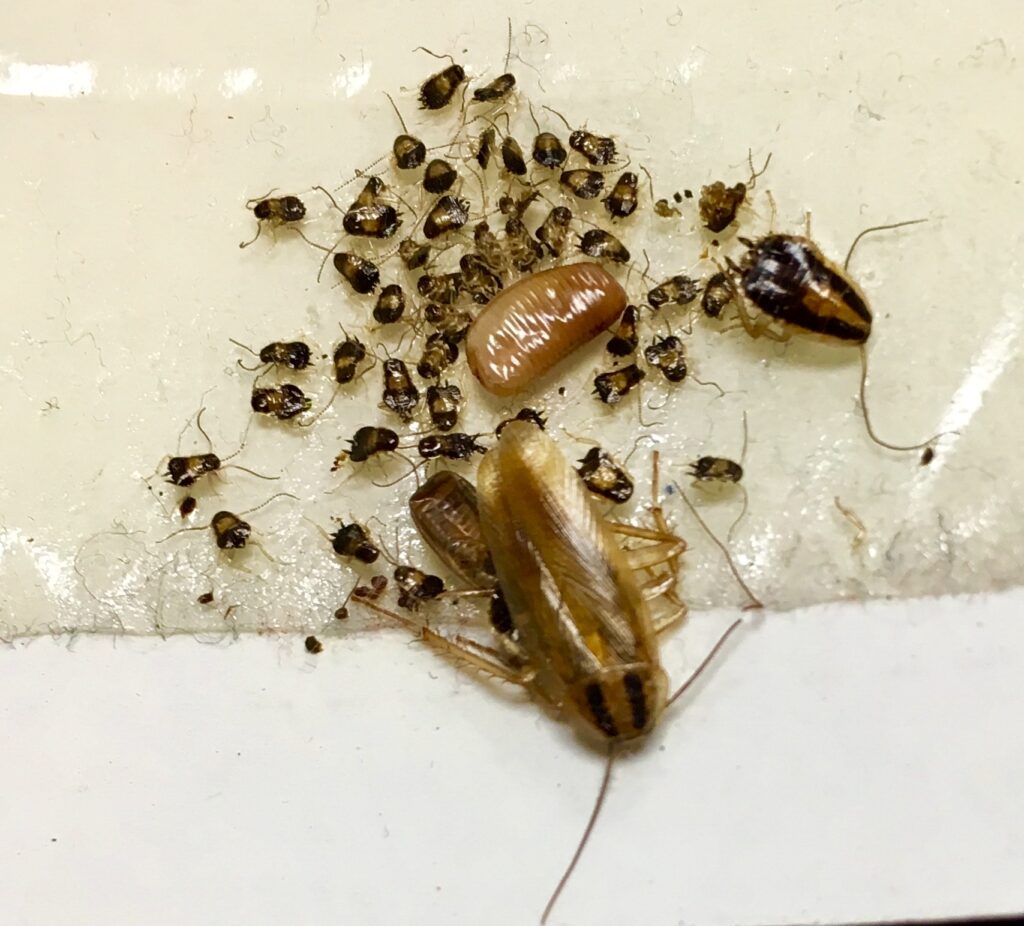
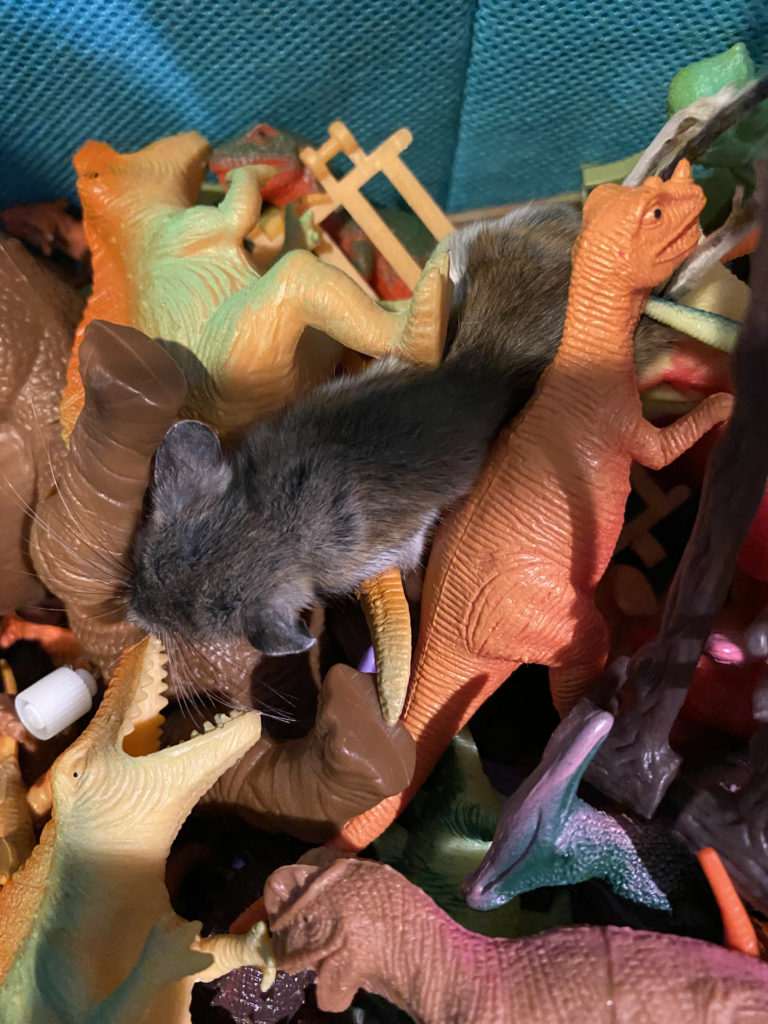
From rodents not caring where they leave their urine and droppings to cockroaches and flies wading through filth and then wandering through our food and food preparation sites, pests are a huge threat to our public health. By improving sanitation measures we can reduce pests. Additionally, by reducing pests through sanitation and other means, we improve sanitation – win-win!
Promoting Pollinators Impacts Public Health
Hopefully you have heard about the growing efforts to protect the bees. Threats to bees range from parasites and disease that attack their colonies to people who destroy their habitat, irresponsibly start colonies without knowing what they need to, and haphazardly applying chemicals. We work diligently with legislators, business owners, and homeowners to improve bee habitats while reducing pest populations.
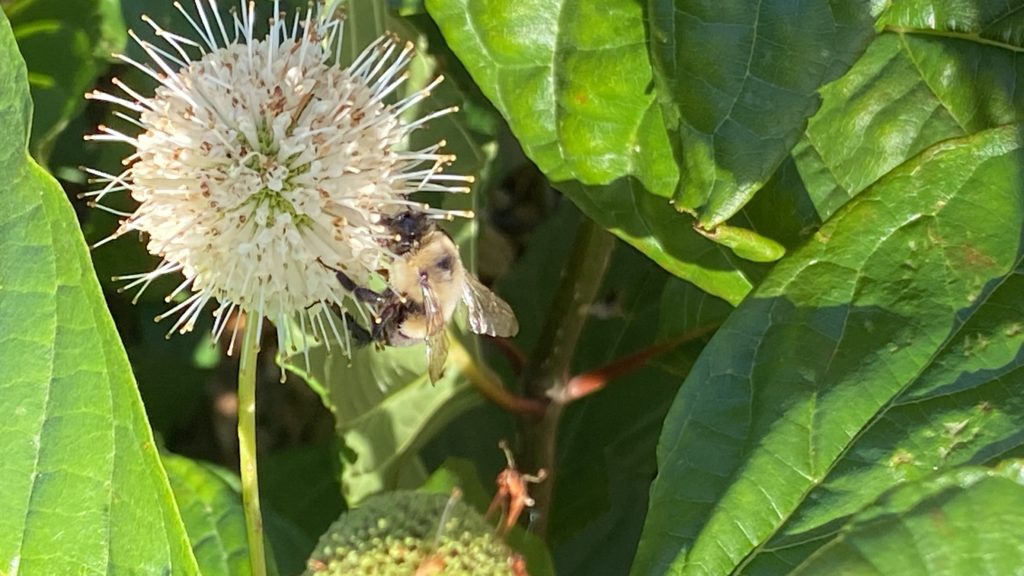
We recently completed an 8 year experiment on some properties that needed reductions in pests ranging from ticks to mosquitoes that also had strong bumble and honey bee populations. After years of keeping the rodents, ticks, mosquitoes, ants, etc. under control, we observed higher bee populations than ever. Each year the populations grew healthily. It was fun to watch them float from flower to flower. Improving bee health improves the environmental health and helps our food production as well!
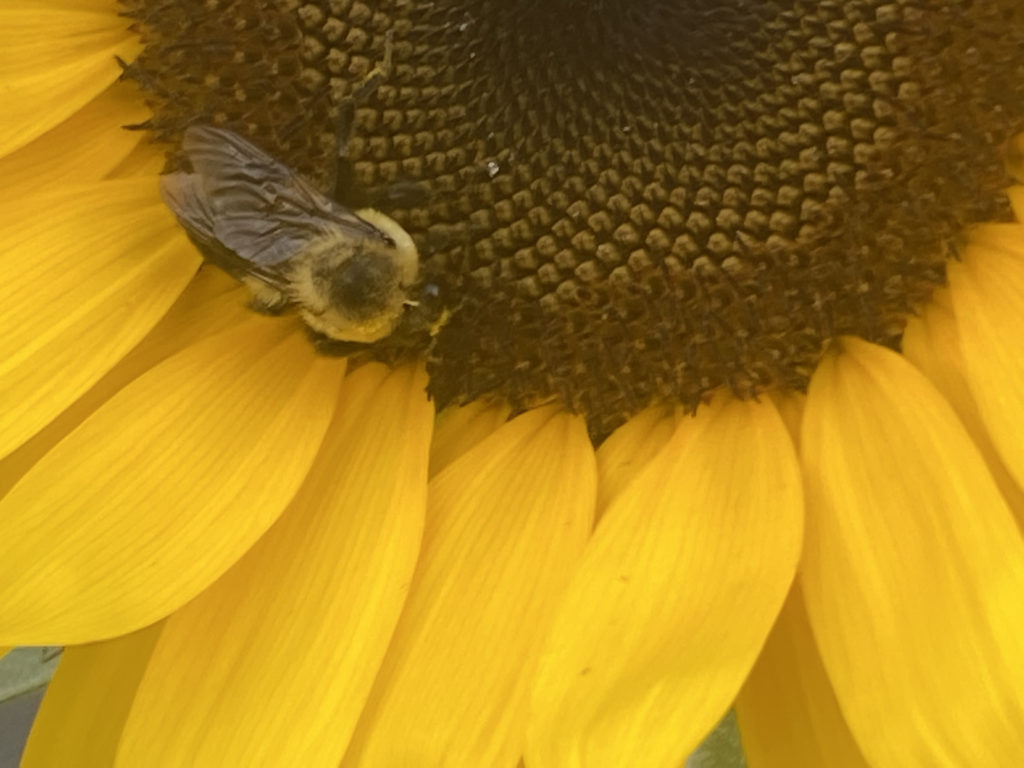
Reducing Allergens
Many pests such as rodents, cockroaches, and bed bugs can contribute histamines to the environments of people that suffer from asthma and allergies. Additionally, we help home and business owners identify moisture issues that contribute to mold and mildew growth. Reducing alleges for the public may not be a universal concern, but improved breathing and reduced allergic reactions means the world to those that are affected.
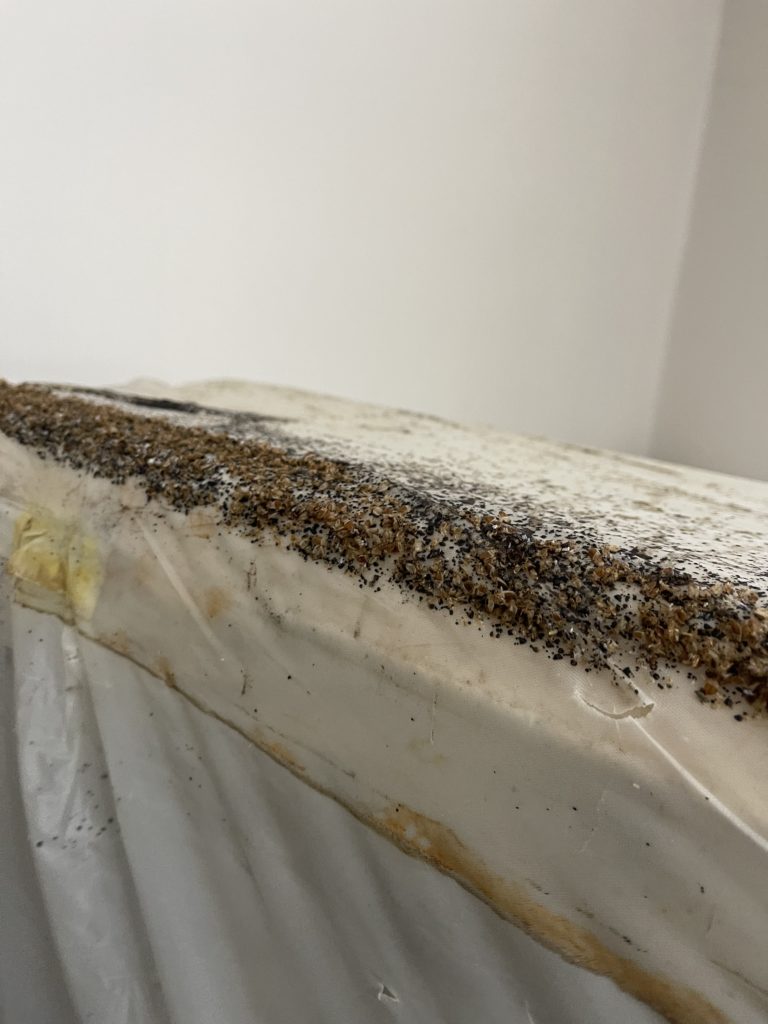
You Can Make a Difference Too!
Whether you would like to join our team and serve the public, become a valued client, or simply learn more through following our blog; every step taken in the direction of public health is a highly valuable step. How is pest control impacting public health? In a very positive way. Reach out to us at Rove Pest Control to join the crusade to improve public health!
About Rob Greer: Pest Control Expert and Industry Leader
Rob Greer, co-founder of Rove Pest Control, has a deep connection with nature, developed during his upbringing in rural Idaho where he raised horses and cattle. He began his career in pest control in 2001 to support his university studies. After earning a BS in Business Management, Rob, along with Lenny Gray and McKay Bodily, founded Rove Pest Control.
Rob has played a pivotal role in shaping the operational framework of Rove Pest Control, with a focus on personal development for team members, public health awareness, and tailoring services to meet the needs of individuals and communities.
As an Associate Certified Entomologist (ACE) and Subject Matter Expert (SME), Rob has made significant contributions to the pest control industry. He has collaborated on the Minnesota Department of Agriculture’s UMN Extension certification manual and exam development, the National Pesticide Applicator Certification Core Manual for the EPA, and the Quality Pro Customer Service Credential Task Force. His expertise has also been recognized in his testimony for the pest control industry before the Minnesota state legislature as a State Policy Affairs Representative. Currently, Rob serves as the President of the Minnesota Pest Management Association Board. Learn more about Rob Greer.